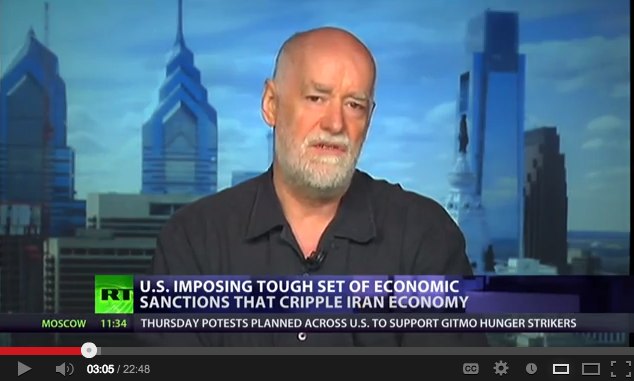What’s wrong with the Obama administration’s proposal to change the way Social Security checks are adjusted for inflation from using the Consumer Price Index (CPI) to instead using something called a “chained” CPI?
Let’s start with the fundamental problem: Social Security is not a cause of the federal budget deficit, and will not be for years, even if nothing is done to raise more revenue for the program.
Sure the US will eventually have to come up with more money to pay the benefits earned by retirees in the Baby Boom generation, but that problem of an eventual shortfall in Social Security tax revenues can be easily solved by simply eliminating the cap — currently $113,000 in annual income — that is subject to the FICA tax. If the cap were completely eliminated, so that all income was subject to the tax, as is the case with the Medicare tax, the shortfall would be nearly eliminated. Any remaining shortfall could be erased too, by extending some kind of FICA tax to unearned income from investments. My favorite is one that is common in Europe: a small — say 0.25% — tax on short-term stock and bond trades.
But there is a bigger problem with this Obama proposal to cut both Social Security benefits and Medicare funding: Adopting a long-time Republican proposal, it only looks at those programs in isolation, and concludes that they need to be cut. Our Nobel Peace Prize-winning president does not look at the biggest and most wasteful spending in the entire federal budget, which is the military. That bloated white elephant, which this year is sucking up close to $800 billion, not counting the interest on money borrowed to pay for past wars and armaments, could be cut in half or even by three-quarters, and it would still leave the US military budget larger than any other nation’s in the world. The US would be no less safe in that case. In fact, it would be a hell of a lot safer because we would no longer have US troops stationed expensively and provocatively in 1000 foreign locations.
Nobody in Congress is talking about slashing military spending and spending the savings on medical care, Social Security, education and other pressing needs. The public needs to demand this.
 Obama on his campaign pledge not to cut Social Security: 'Hey, that was just a campaign promise…
Obama on his campaign pledge not to cut Social Security: 'Hey, that was just a campaign promise…







Ripoff.jpg)

